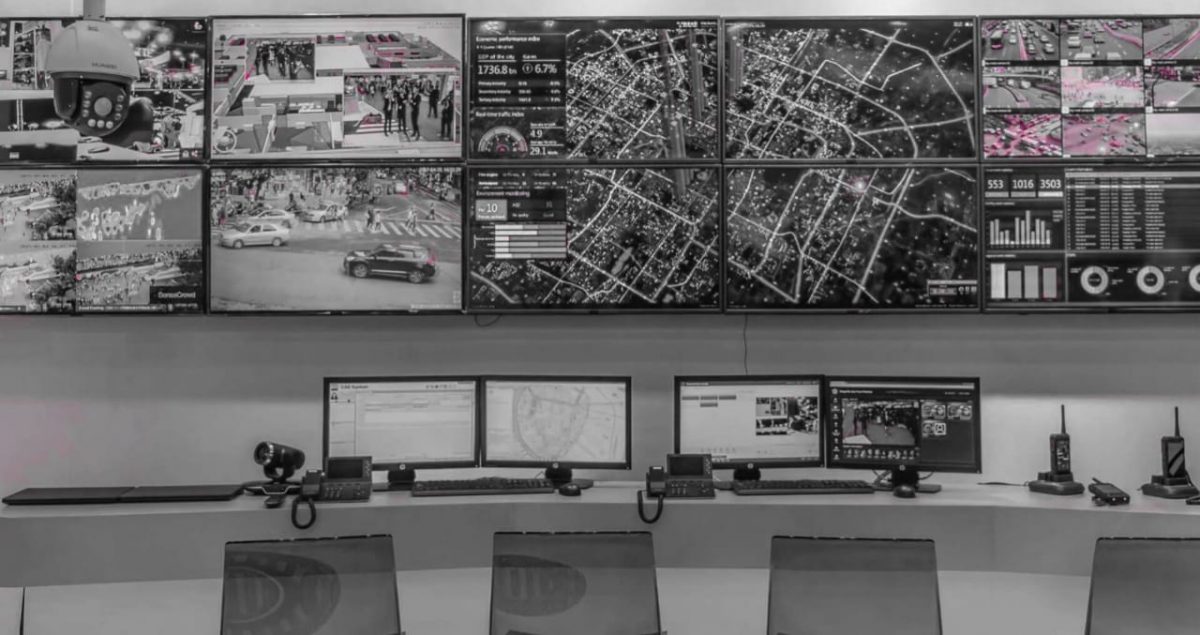Introduction
In the complex landscape of decision-making, our minds often resort to mental shortcuts and biases that can lead us astray. One such mental model that profoundly influences our choices is the Controlling Centre. Derived from human psychology, this mental model refers to our tendency to believe that we have complete control over the outcomes of our decisions, leading us to make irrational choices contrary to our best interests. Understanding the Controlling Centre is crucial for enhancing our decision-making abilities and achieving better outcomes in various aspects of life.
The Relevance of the Controlling Centre in Decision-Making
The Controlling Centre mental model assumes a central role in our decision-making processes, permeating through personal, professional, and public spheres. It stems from our innate desire for control and certainty, compelling us to believe that we possess the power to dictate the outcomes of our actions. This mindset often leads to irrational decision-making as we ignore or downplay the role of external factors and random events that can significantly influence the results.
Examples of the Controlling Centre in Different Contexts
- Personal Life Decisions: Imagine a person facing a difficult personal decision, such as choosing a life partner. The Controlling Centre bias may lead them to believe that they have complete control over their future happiness. Ignoring the possibility of unforeseen circumstances, they may prioritize certain superficial criteria while overlooking more crucial aspects such as compatibility and emotional connection. This can result in an unsatisfying relationship and regret.
- Business Scenarios: In the business world, the Controlling Centre bias can manifest during investment decisions. An investor may feel overconfident about their ability to predict market trends, leading them to disregard the inherent uncertainty and risks involved. Relying on their perceived control, they might allocate a significant portion of their portfolio to a single stock or sector. Unfortunately, if unexpected market volatility occurs, they may suffer substantial losses.
- Public Policy-Making: The Controlling Centre can also influence public policy-making. For instance, policymakers may be reluctant to implement evidence-based interventions due to the belief that they have complete control over societal outcomes. This can result in ignoring expert advice, dismissing data, and pushing for ineffective policies. Consequently, the public may bear the brunt of the negative consequences.
Mental Biases and Psychological Underpinnings of the Controlling Centre
The Controlling Centre bias is intertwined with several cognitive biases that contribute to flawed decision-making. One such bias is the Illusion of Control, where individuals tend to overestimate their influence on uncontrollable events. This bias is rooted in our need for autonomy and self-determination, leading us to attribute greater control to our actions than objectively warranted.
Another related bias is the Planning Fallacy, which causes individuals to underestimate the time, resources, and obstacles involved in achieving a goal. The Controlling Centre bias fuels this fallacy by convincing us that we possess the power to overcome all obstacles and execute flawless plans, resulting in delays, cost overruns, and disappointment.
Psychologically, the Controlling Centre bias arises from our discomfort with uncertainty and the desire for a sense of agency. It is perpetuated by cultural narratives that glorify individual control and self-made success stories. Additionally, our upbringing, education, and personal experiences can reinforce the belief in our omnipotence, further entrenching the Controlling Centre bias.
Identifying and Avoiding the Controlling Centre Trap
Recognizing when we are succumbing to the Controlling Centre bias is crucial for making more objective decisions. Here are some strategies and tips to help avoid this mental trap:
- Embrace Uncertainty: Acknowledge that complete control is an illusion and that uncertainty is an inherent part of life. Embracing uncertainty allows for more realistic expectations and a greater focus on adaptive decision-making.
- Seek Diverse Perspectives: Engage with individuals who offer alternative viewpoints and challenge your assumptions. This helps broaden your understanding of the factors that influence outcomes and reduces the risk of tunnel vision caused by the Controlling Centre bias.
- Consider Probability and Risk: Instead of assuming absolute control, assess the probabilities and risks associated with your decisions. Utilize tools such as decision trees and probabilistic thinking to evaluate the range of potential outcomes more accurately.
- Learn from Past Experiences: Reflect on past decisions where you may have fallen prey to the Controlling Centre bias. Identify the warning signs and patterns, and use these insights to inform future decision-making processes.
Conclusion
The Controlling Centre mental model, deeply rooted in human psychology, significantly impacts our decision-making abilities. By understanding this bias and its prevalence in various aspects of life, we can avoid making irrational choices contrary to our best interests. By embracing uncertainty, seeking diverse perspectives, considering probability and risk, and learning from past experiences, we can enhance our decision-making processes and achieve more favorable outcomes. The awareness and active avoidance of the Controlling Centre trap are essential for navigating the complex terrain of decision-making effectively.
